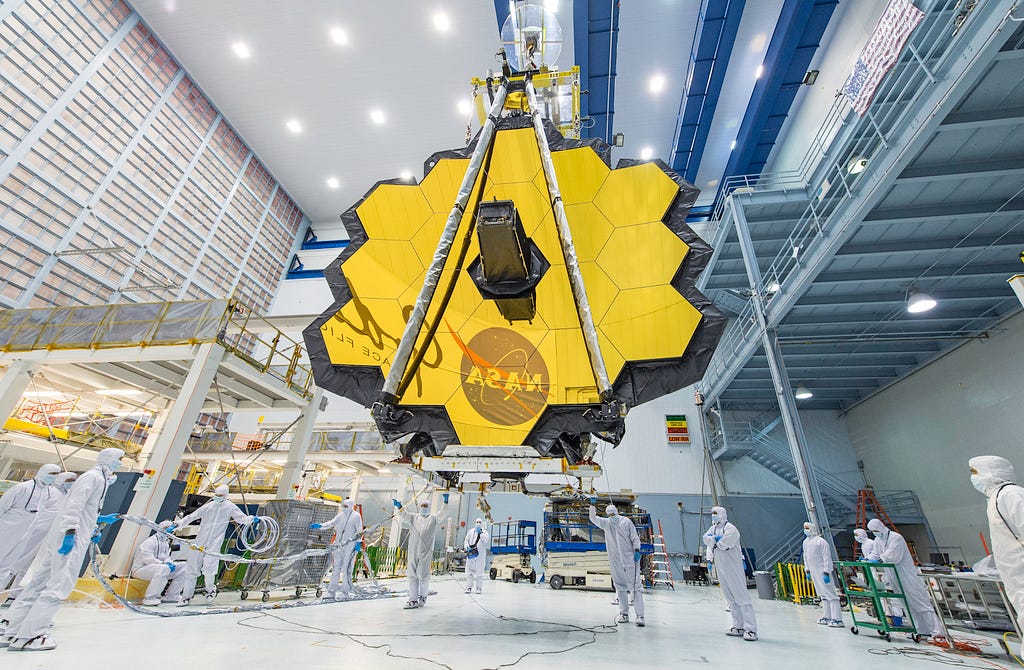Looking for the answers!
Hey, folks! The last weeks were really exciting getting done an algorithm for ground-track orbit. After long days trying to find the perfect approach for Poliastro, we decided to give it a go bringing to life this paper

Hey, folks! The last weeks were really exciting getting done an algorithm for ground-track orbit. After long days trying to find the perfect approach for Poliastro, we decided to give it a go bringing to life this paper

Yes! The PR which involved creation of new data structure for ImageHDUs got merged, the code is up and running now!
I spent last most of the previous two weeks on resolving reviews on my old PRs and improving gallery examples.

I created PR #4419 that allows getting file time-ranges from the URL using the scraper. The URL patterns from most of the archives have start time in them. Either the end time was usually hardcoded for all clients or we only used start time to validate the file URLs against a time interval.
In my Clients Generalization, to escape this repetitiveness the code in post_search_hook() was somewhat less generalized. It was assumed that all files are day-long. Thus I generalized it and moved it to the scraper. From the base URL pattern, we can now the precision of time supported by the archive directories, and then using them we can find the end times. Say there are yearly files in an archive. Then we can default the end time to the end of that year. Moreover, if this time range overlaps with the searched time interval, the file is valid. We check it using _check_timerange().
In the past two weeks, I worked on creating the MCHeader Container for MAGIC data. After discussing with people working at MAGIC, we used the RunHeaders TTree variables to create the Container.
For the arrival direction and telescope pointing, we decided to use the MSrcPosCam variable from the ROOT file, which stores the shower direction relative to the telescope, i.e arrival direction-telescope pointing. Thus, we don’t need to think much about the Alt-Az transformations as well. And we don't have to create a separate column for telescope pointing in the HDF5 file. This saves computation time too.
This solves two of the major issues we were having last time. Now, we will soon start training some MAGIC gamma data files from the two telescopes using the CTLearn deep learning models and get some benchmark results on the same.
The 3rd coding period of GSoC 2020 will officially conclude in 2 weeks time. I would like to take this opportunity to review the progress made thus far, and to outline what other major feature can be added to glue-solar, perhaps over the remaining 2 weeks and beyond.
We have finally resumed code reviews for the remaining PRs in the glue repo, and I am happy to report that the PR dealing with adding a preferred_cmap attribute to the visual module of glue/core has been merged four days ago from today. This is a very memorable milestone as this is my first contribution to the glue codebase. The remaining PRs which are being worked on include the 1D Profile PR (PR #2156) as well as the wcs auto-linking PR (PR #2161).
Regarding our work at the glue-solar repo, all of the PRs reviewed except the two experimental ones has been merged. A User’s Guide and a Developer’s Guide have been added to the docs, while there is one open WIP PR which I am working on to add both a contributing document and the code references (or API) for the repo. Also some docs introducing users on how to start their own extensions in glue-solar for conducting solar physics has been planned.

Evaluation, a dreaded 10-letter word(just counted the number of letters😅) that brings stress and anxiety in everyone from a small kid to a golden-ager(sounds so much better than ‘old-person’ doesn’t it!!). The Cambridge dictionary defines evaluation (noun), ɪˌvæl.juˈeɪ.ʃən, as “ the process of judging or calculating the quality, importance, amount, or value of something”.
Evaluations bring the best or worst out of people. I work better under pressure, I am one of those guys who cannot work until the room is on fire😂(I have a better phrase but it doesn’t quite qualify as PG-13😜).
Evaluations although simple(the procedure) in GSoC are a big deal as they determine if you get (cue the Heavenly choir sound effect) the monthly stipend🤑, just kidding, they determine if the student will be allowed to continue their projects. There are three main evaluations, one after each month to quantify if the project achieves the goals that it intended to and if the time was utilized most efficiently for the greatest possible impact.
Hello! Welcome to the latest blog post in my Google Summer of Code series. With this blog, we’ll marking the end of the second phase of evaluations! Additionally, this blog is going to be a little different from all the previous ones as we finally start to work and discuss about Python and the actual RADIS code base.
Honestly, I am actually really glad that we’re finally at this stage. The monotonity of Cython and working on the same, huge Cython+CuPy file with more than a thousand lines of code was getting very frustrating :P